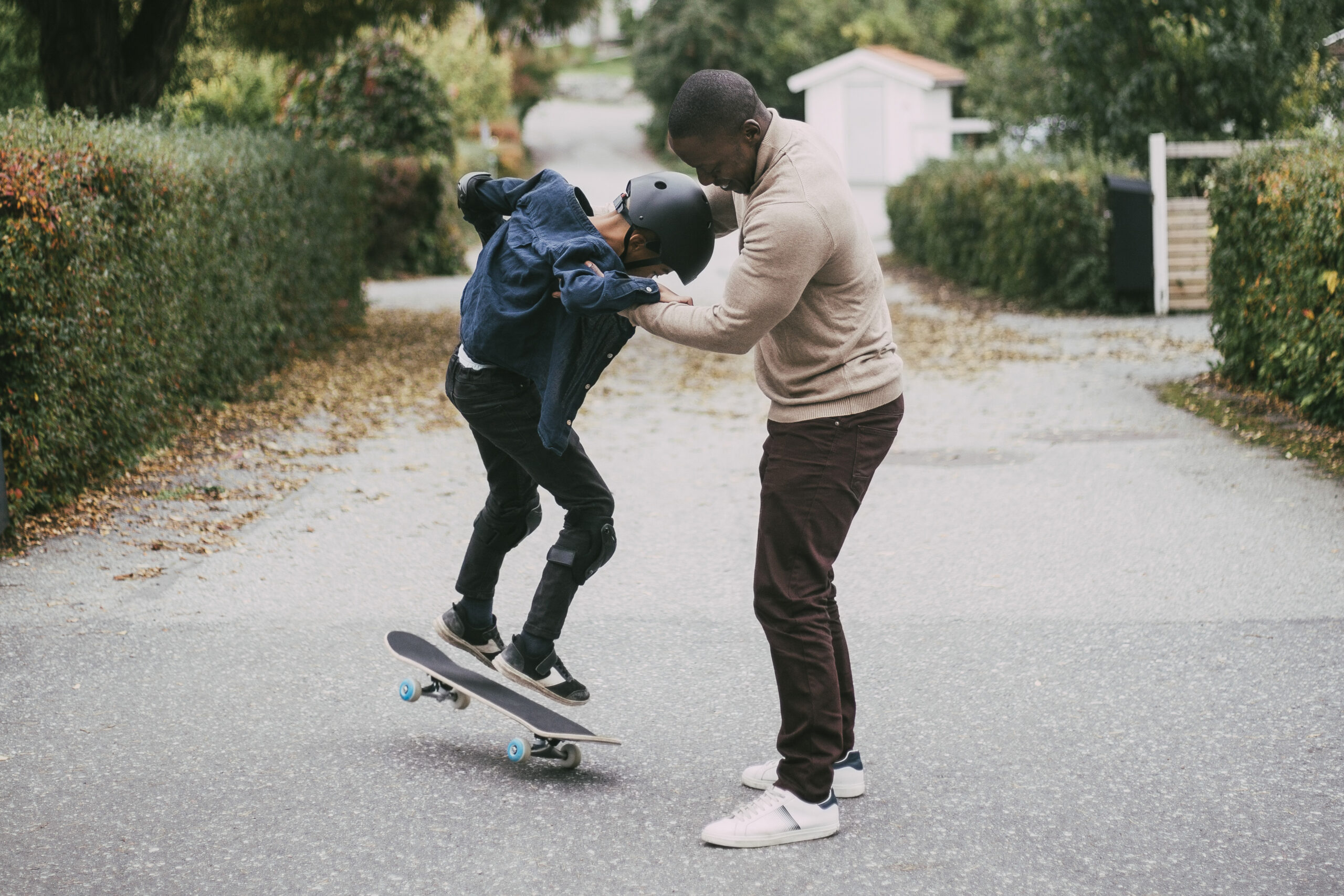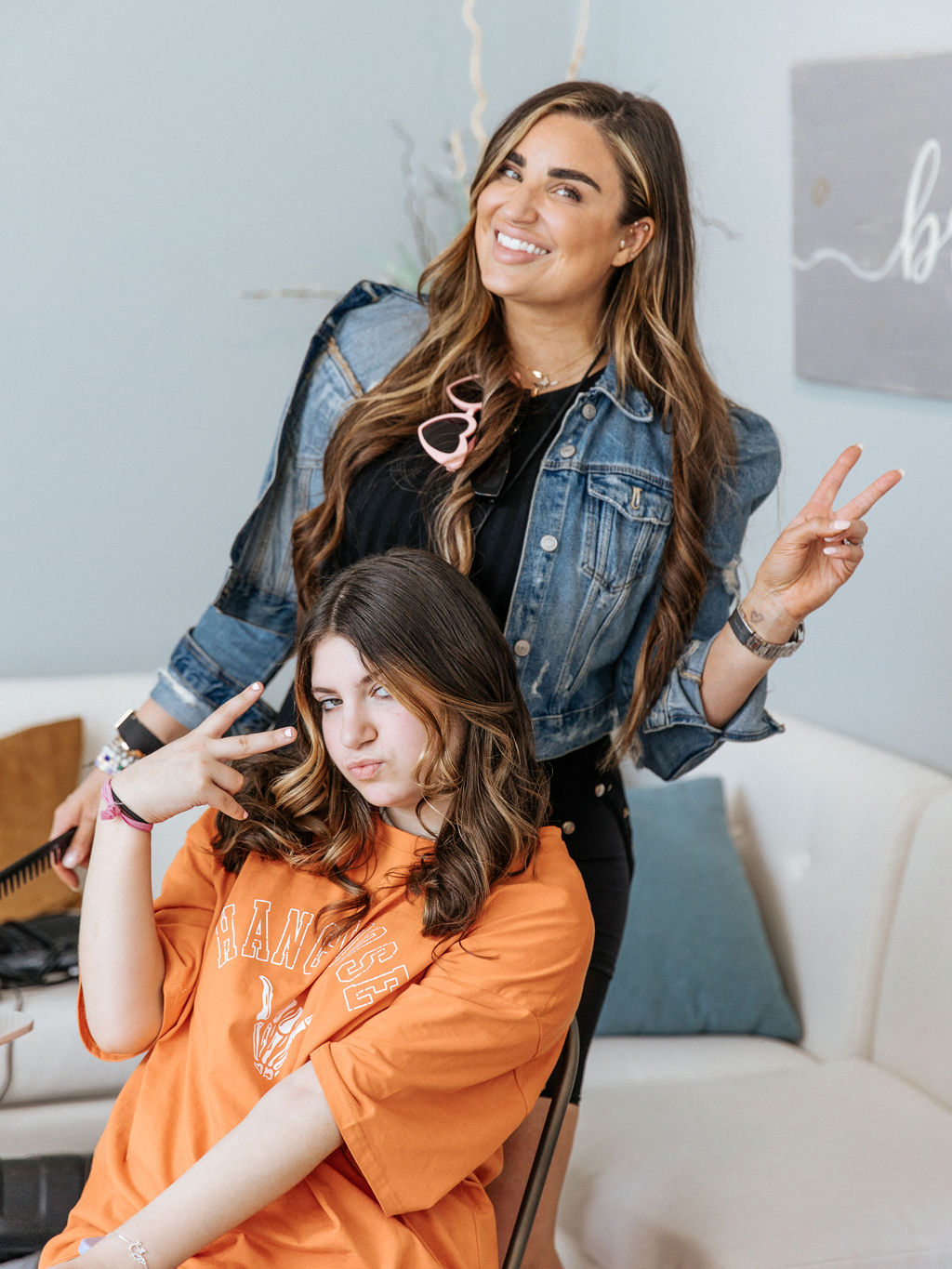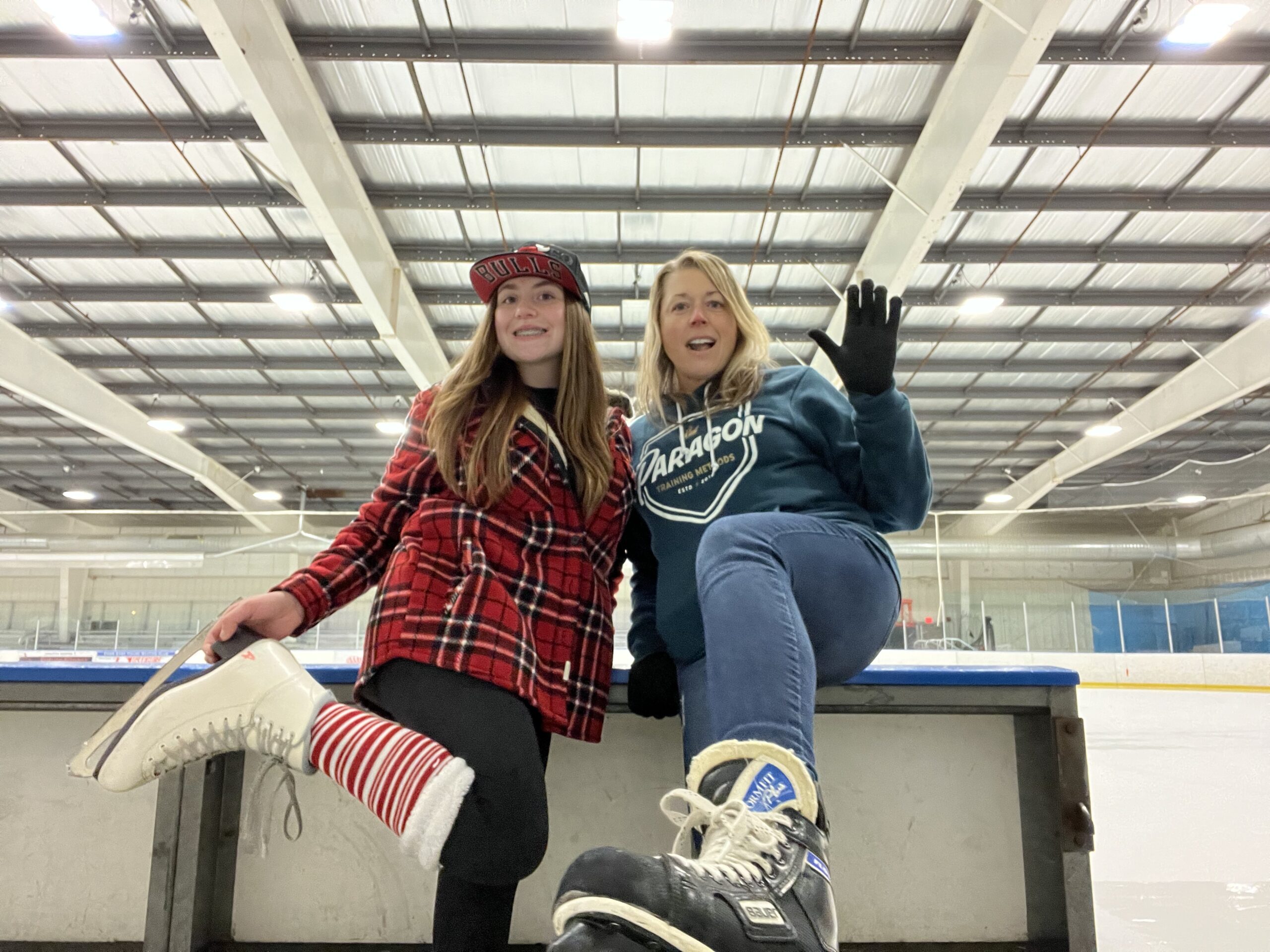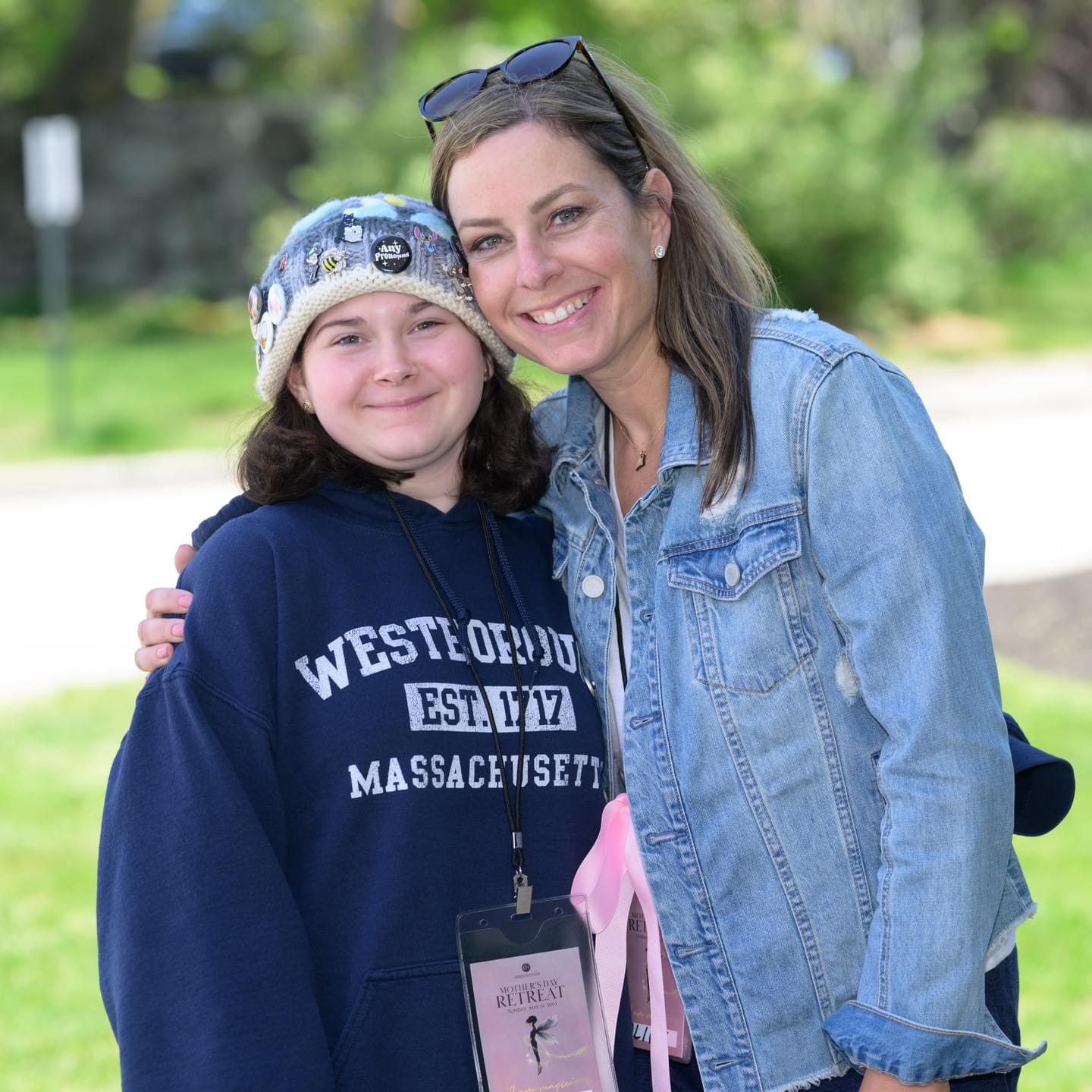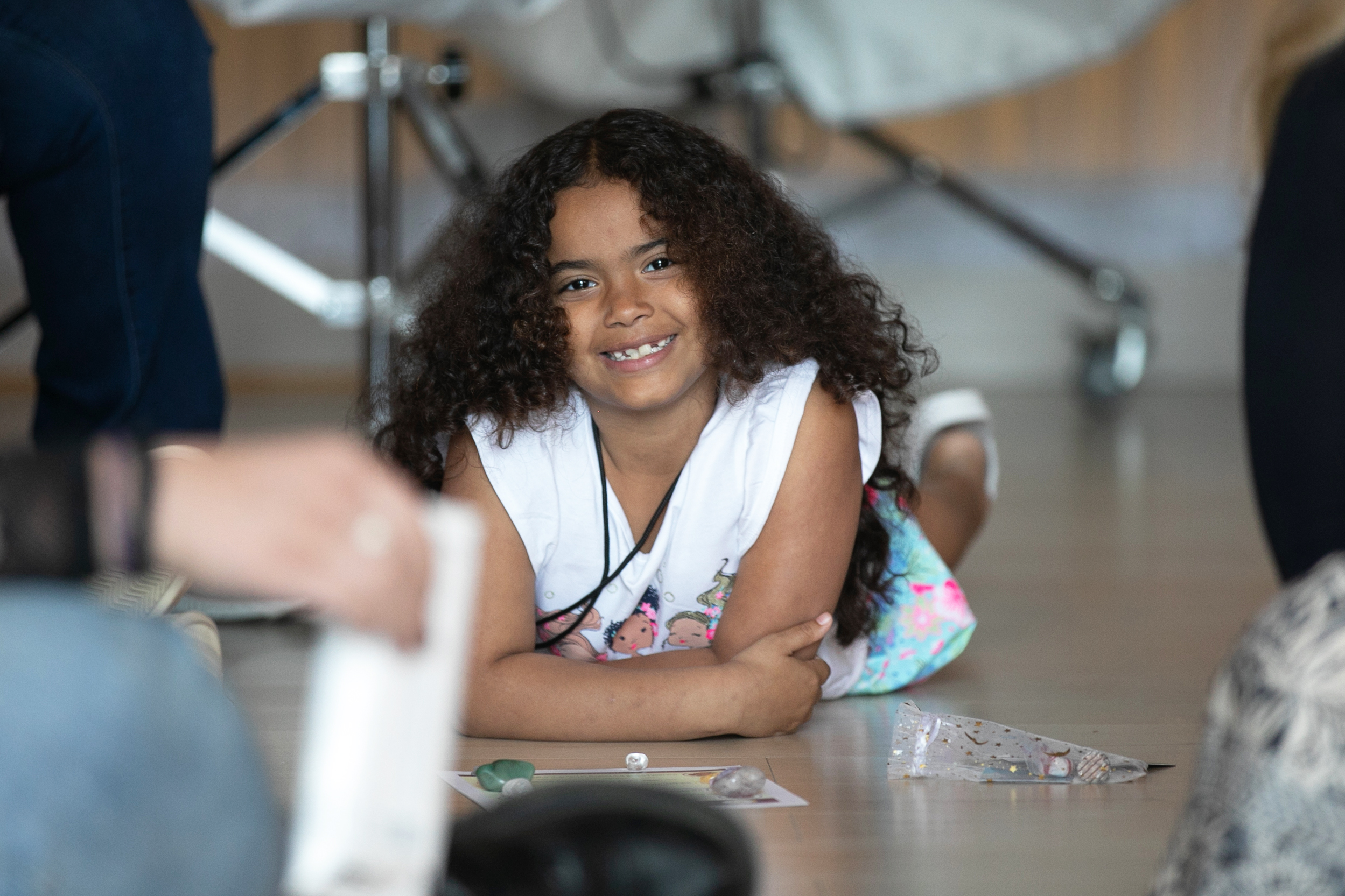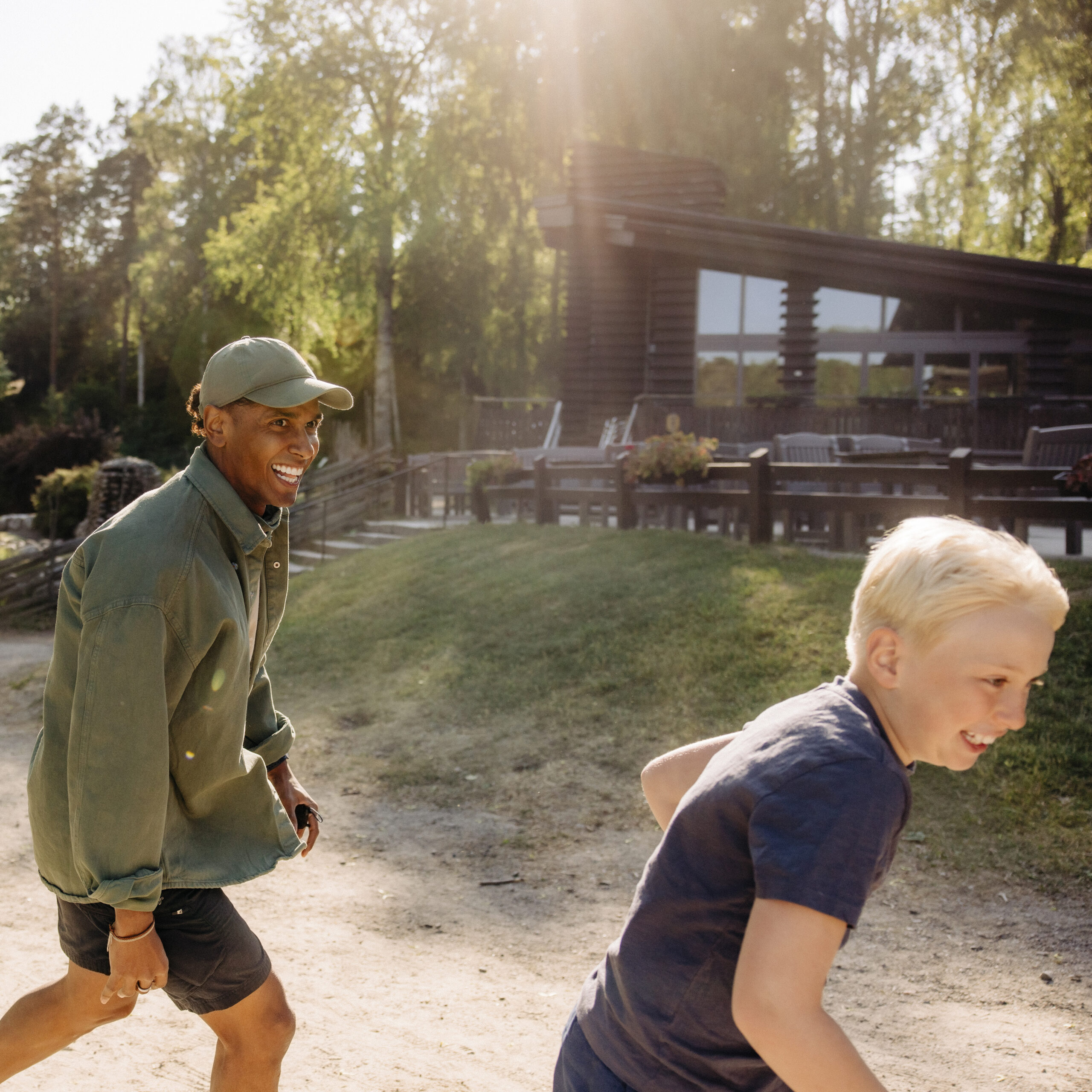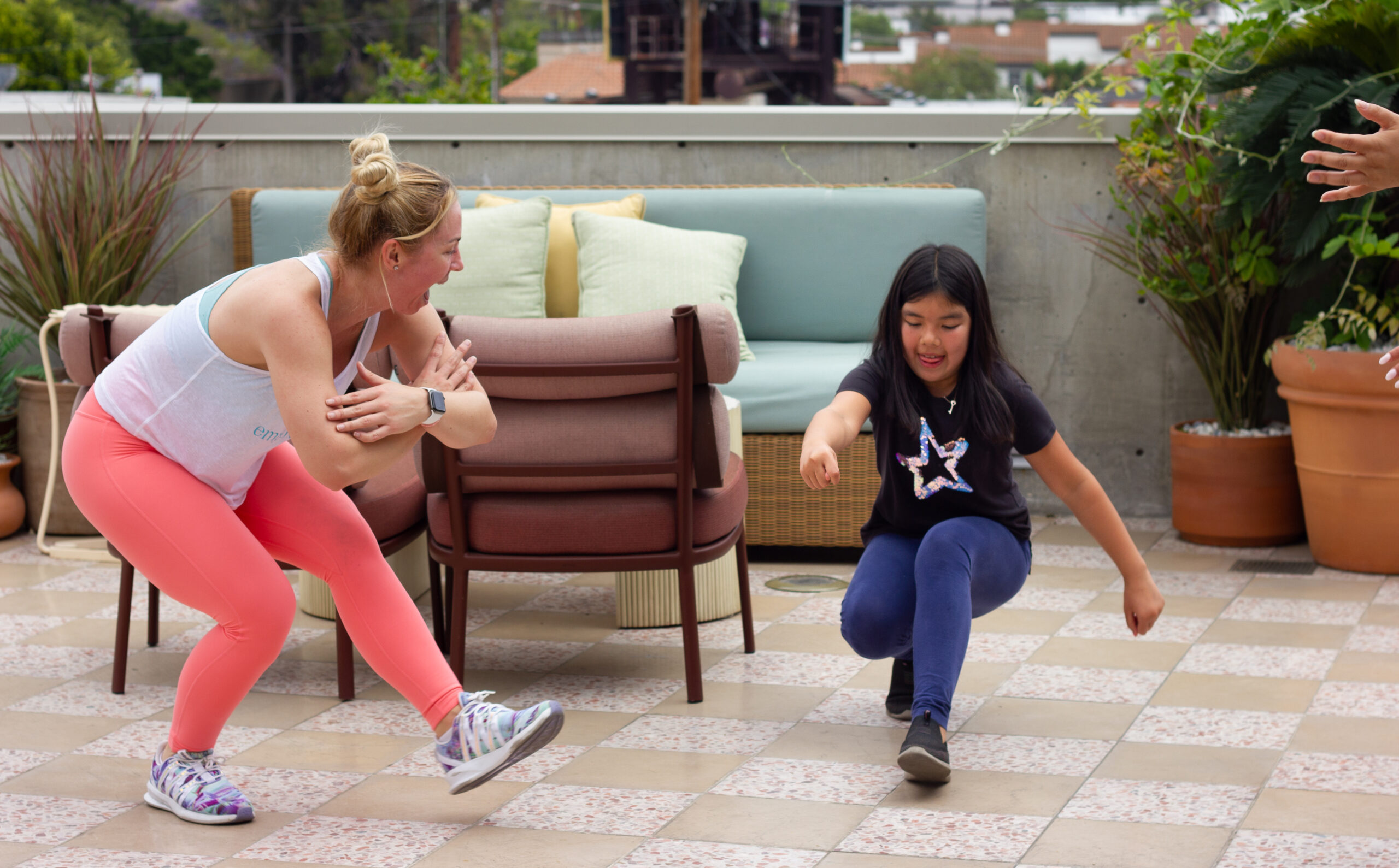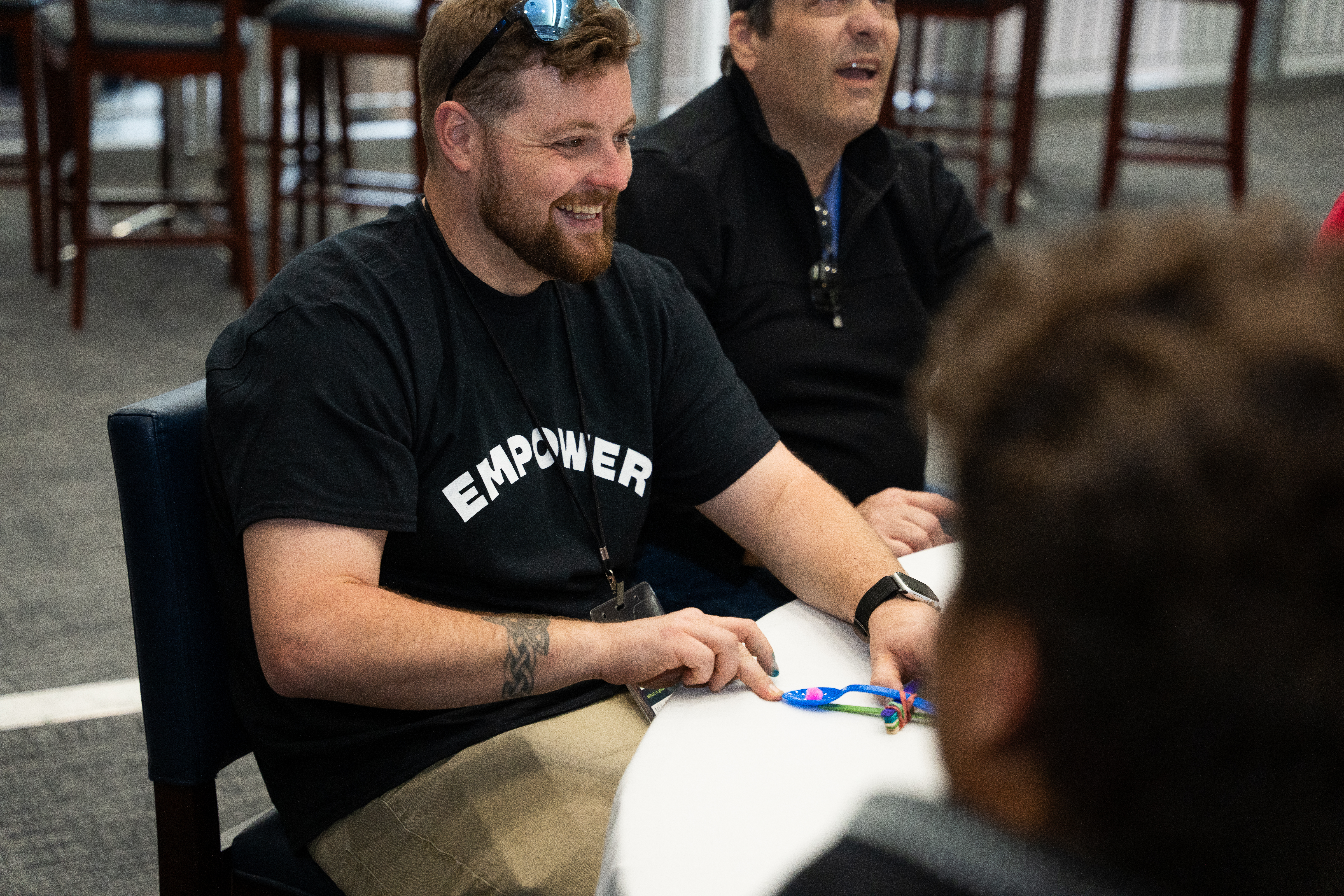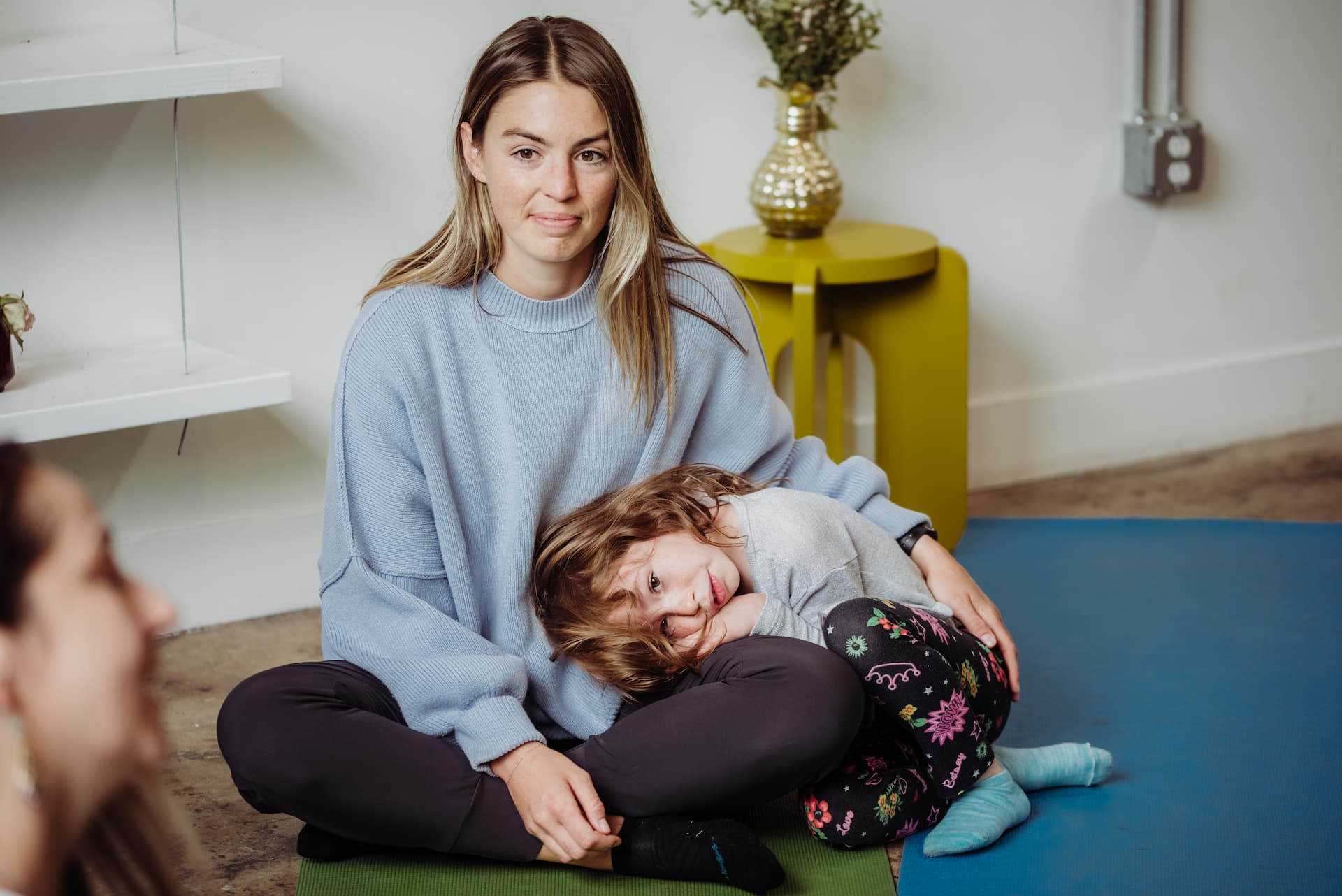About the Program
Did you know that a handful of hours spent just hanging out with a grieving child can transform their life?
Our program provides children, teens, and young adults with a rare and coveted opportunity to be paired with carefully selected and highly trained Mentors who know what losing a parent feels like.
This isn’t therapy – rather it’s a relationship that helps children learn from someone ahead of them on their journey – something the science tells us is critical for healthy, constructive processing of the grief.
Mentors and Mentees hang out a few hours a month doing normal, everyday activities. We are also piloting a new “Hybrid” Mentor Program that requires meeting only a few times per year – let us know if you are interested.
Our Mentors are not a replacement for a lost parent. They listen, relate to a child’s loss, and provide support. Enrollment is simple + free. Children under age 14 must be enrolled by an adult, while children and young adults ages 14 – 24 may enroll themselves.
